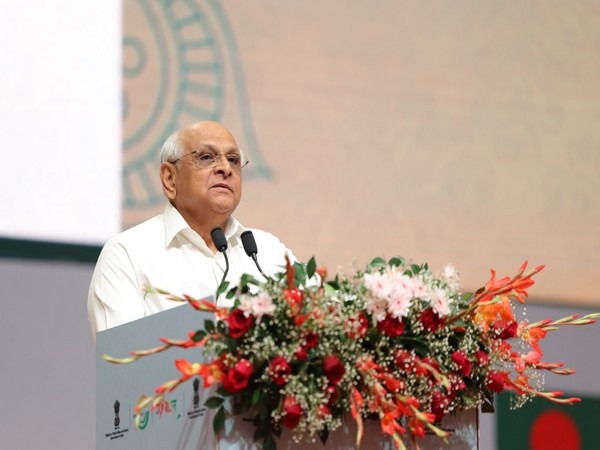First train set of India's first Regional Rapid Transit System is ready, to be handed over on May 7
May 05, 2022

New Delhi [India], May 5 : The first train set of India's first Regional Rapid Transit System (RRTS) corridor is ready and will be handed over to National Capital Region Transport Corporation (NCRTC) on May 7. 
Under the Make in India initiative, 100 per cent of these state-of-the-art RRTS train sets are being manufactured in India, at the Alstom's factory, earlier known as Bombardier, in Savli, Gujarat, where the keys of the RRTS trainsets will be handed over to NCRTC.
After the handing over of the train sets to NCRTC by Alstom, these trainsets will be brought on the large trailers to the Duhai depot being developed at Ghaziabad at a rapid pace for the Delhi-Ghaziabad-Meerut RRTS corridor.
The interiors along with the commuter-centric features of India's first RRTS trains have recently unveiled on March 16, at the Duhai Depot, Ghaziabad.
These RRTS trains will be the fastest trains in India with a design speed of 180km/h, an operational speed of 160km/h and an average speed of 100 km /h.
The modern RRTS trains will have ergonomically designed 2x2 transverse cushioned seating, wide standing space, luggage racks, CCTV cameras, laptop and mobile charging facility, dynamic route maps, auto control ambient lighting system, and Heating Ventilation and Air Conditioning System (HVAC) and other amenities.
The air-conditioned RRTS trains will have standard as well as one coach of Premium class per train along with one coach reserved for women commuters.
The manufacturing facility at Savli will be delivering a total of 210 cars for the first RRTS corridor.
This includes trainsets for operating regional transit services on the Delhi-Ghaziabad-Meerut corridor and for local transit services in Meerut.
The construction work on the RRTS corridor is going on in full swing. After the arrival of the trains, initial trial runs are expected to commence on the priority section by the end of this year.
The 17 km Priority Section, between Sahibabad to Duhai, is targeted to be commissioned by 2023 and the full corridor by 2025.

















